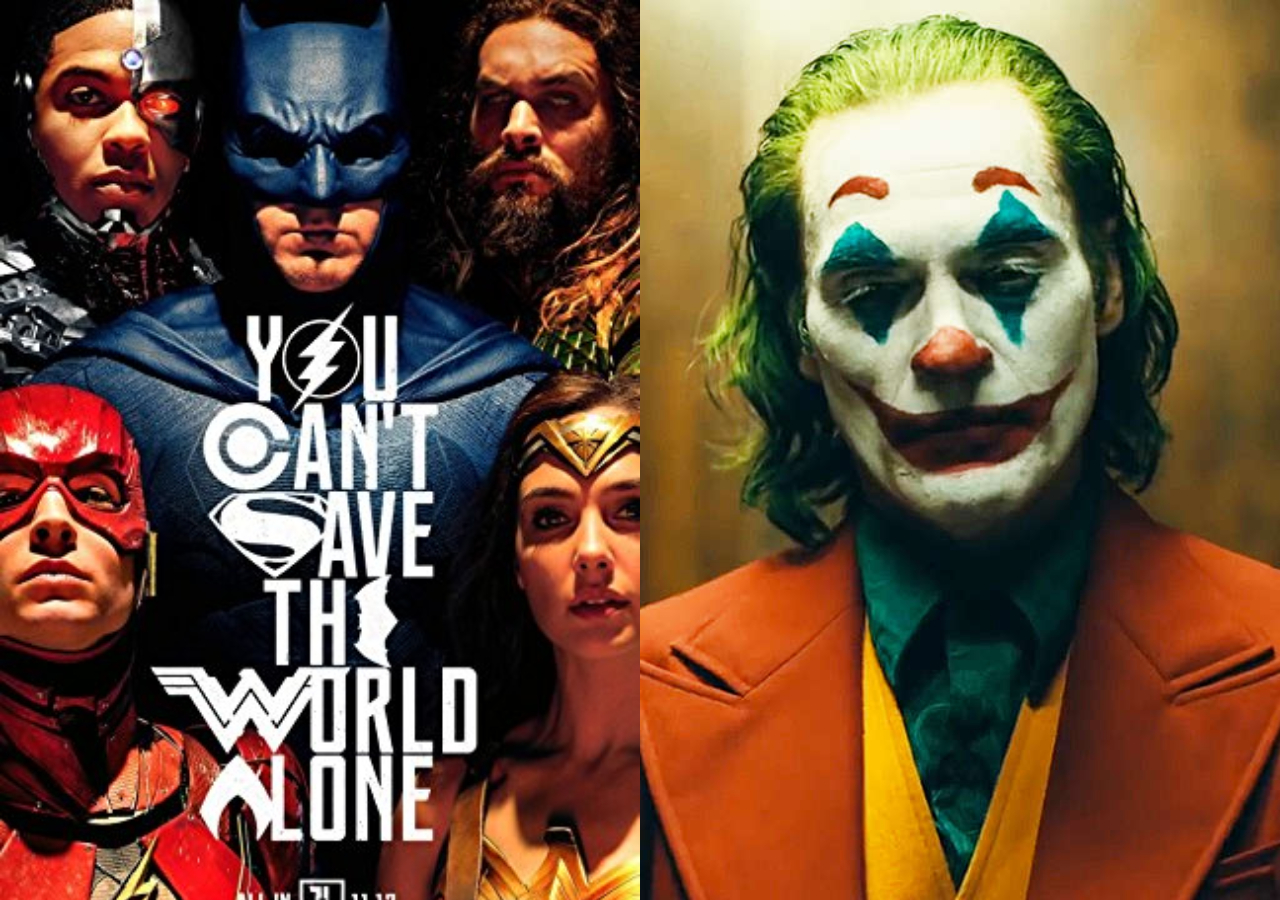It’s official folks, Warner Bros’ grand auteur experiment has paid off with stunning results. Todd Phillip’s Joker is a brilliant and thought-provoking masterpiece for the ages — no matter what the bloody Tomatometer says — and a commercial success as well. Art has triumphed and our collective faith in human decency has been restored. Warner Bros’ first DC film away from the DC Extended Universe (DCEU) is a proof of concept that the DC Black label of films certainly has the potential to flourish.
For it was not constrained by scale, convoluted plot threads or the architecture of creating a cinematic universe. Which beg a rather awkward question…do we really still need the DCEU? I’m fairly confident that Warner Bros hasn’t given up on the franchise with Wonder Woman 1984 and Birds of Prey on the way but looking back at the films we’ve gotten so far, it’s hard to be excited about the future of the DCEU.
On the other hand, there are definitely some bright spots here and there in the franchise but is it enough to save it? Should Warner Bros drop their franchise to develop more Elseworld stories like Joker? We’ll be discussing these questions and more as we dive deep into the troubled past, promising present and uncertain future of Warner Bros’ DC films.
To say that the DCEU’s cinematic track record has been spotty would be a gross understatement. Frankly, it’s a series of hard misses, flawed flats and rare occasions of inspired filmmaking. The best place to start with the DCEU would be its pre-pubescent age in which Warner Bros woefully misattributed the success of Nolan’s Dark Knight trilogy to them being “gritty” and “realistic”. It all began with 2013’s Man of Steel that saw a whinny, reluctant Clark Kent take up the role of a whinny, reluctant Superman to be the whinny, reluctant symbol of hope we all need.
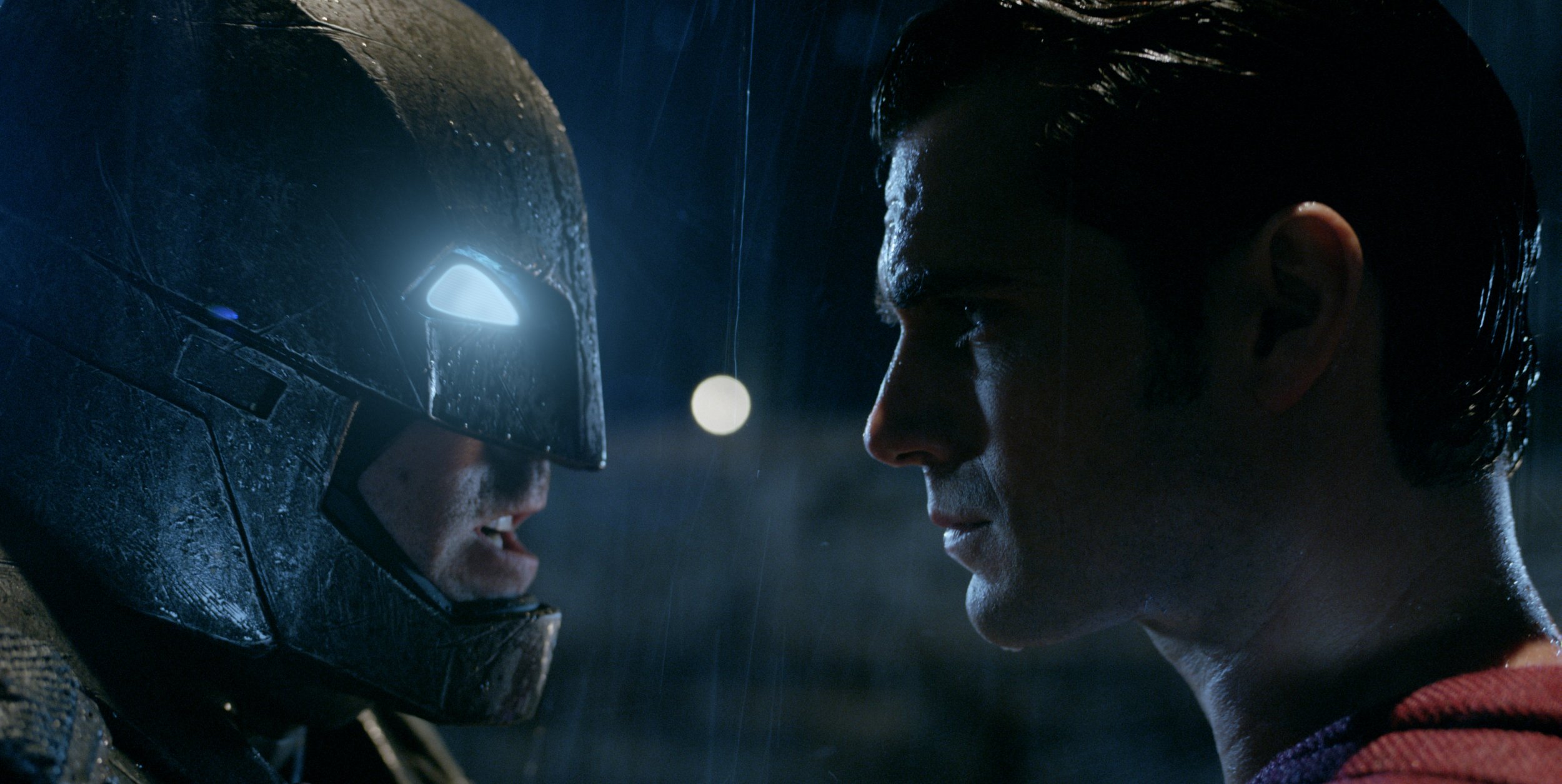
Then after 3 years of ungodly silence, Man of Steel was poorly followed up by yet another one of Zack Snyder’s abominations. The clumsily titled Batman v. Superman: Dawn of Justice, a strange departure from Man of Steel’s more subtle title that dives straight into the gimmick of having it be one big dumb wrestling match. An incoherent cacophony of themes and tones that accommodated for both Epicurus’ Problem of Evil and a jar of piss labelled “Granny’s Peach Tea”.
When I say “accommodated”, I actually meant cobbled together in a strange, ugly Frankensteinian hybrid. A film that sees the worst of both worlds, the campiness of the superhero genre and the real-world implications of superheroes, colliding in a 3-hour car crash in slow motion. In the same year we got Suicide Squad and…look I already talked about everything wrong about Ayer’s trainwreck in another piece. If you have read it, then you know my abundant dislike for the film.
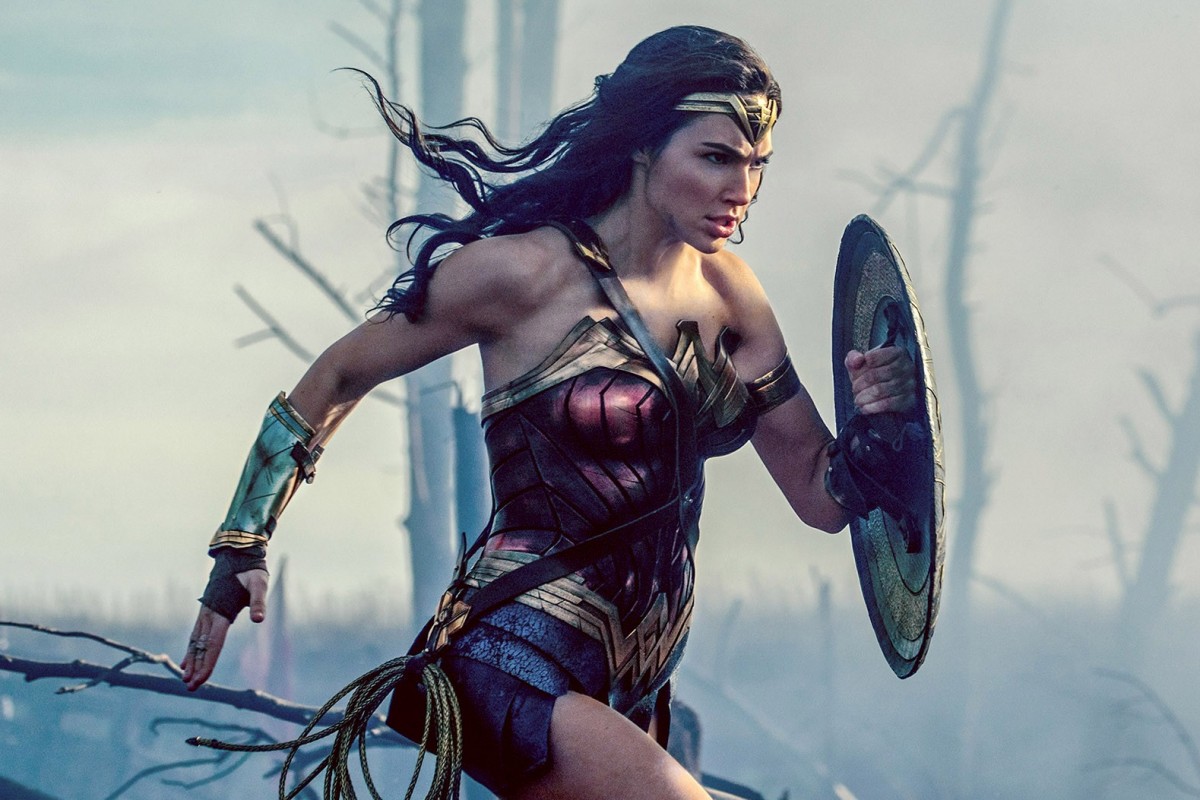
Right so, the first three films of the DCEU were clearly duds made to sloppily set up future films in the process. Thankfully, however, Warner Bros managed to claim a genuine commercial and critical win with 2017’s Wonder Woman. A film as far away from Batman v. Superman as possible, set in the horrors of World War I. Wonder Woman boasted fluid and dare I say beautiful action setpieces, a captivating performance by Gal Gadot and a powerful story of myth, man and how a woman’s love can change the course of history. Things were looking for the DCEU, director Patty Jenkins’ wonderfully (heh get it) fresh take on the character had set the stage for the franchise to move into new exciting directions.
After that, we got Snyder/Wheedon’s Justice League in 2017 and boy did they take three steps back. There’s a correction and then there’s overcompensation. Justice League was one big joke of a film with iconically bad lines like “My man!” and most things Ezra Miller’s Flash was saying. A terribly dull villain trying to summon an army to Earth, not unlike a certain Norse God and an unusually goofy tone.
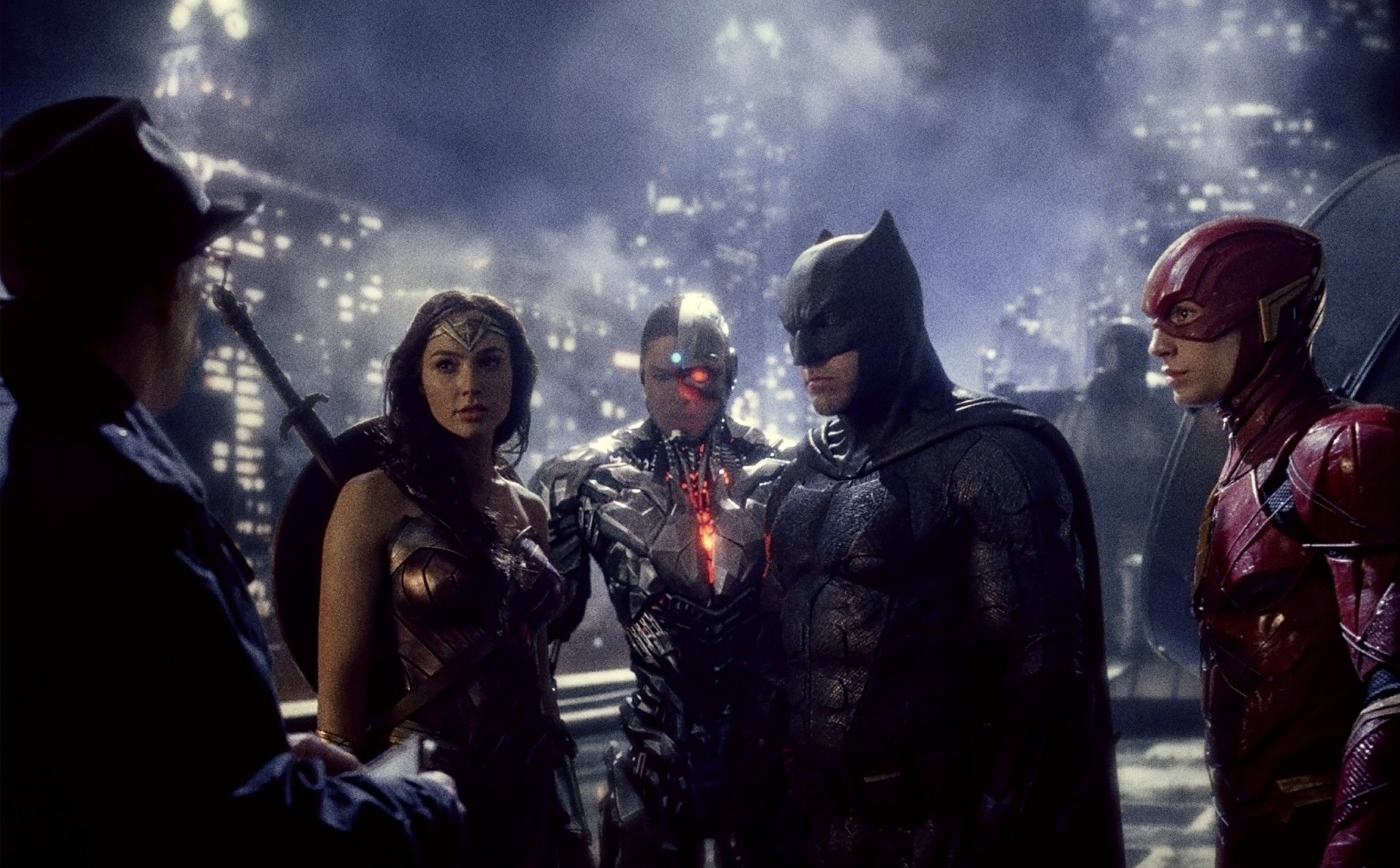
You see the issue with Justice League was that it was trying to be Joss Whedon’s The Avengers. That’s a given I guess seeing that Whedon was directing but still! The whole thing felt like a rushed job like when a student rushes his postgrad thesis three days before its due. Sure, it’s done but half of it is a mess and the other half is probably plagiarized.
At this point, I was utterly done with the DCEU, until I saw the trailer for James Wan’s Aquaman and some small part of me began to hope again. Don’t get me wrong, it ain’t Citizen Kane or anything but I’d be lying if I didn’t say that I had fun with it. It was an underwater fantasia with crab people fighting Atlanteans riding on giant sharks. Even if at times the CG becomes a tad too noticeable, there’s an exuberance and fun to the film that can’t be denied. From Jason Mamoa’s brotastic performance to the sheer absurdity of the entire premise, Aquaman is definitely a win for the DCEU.
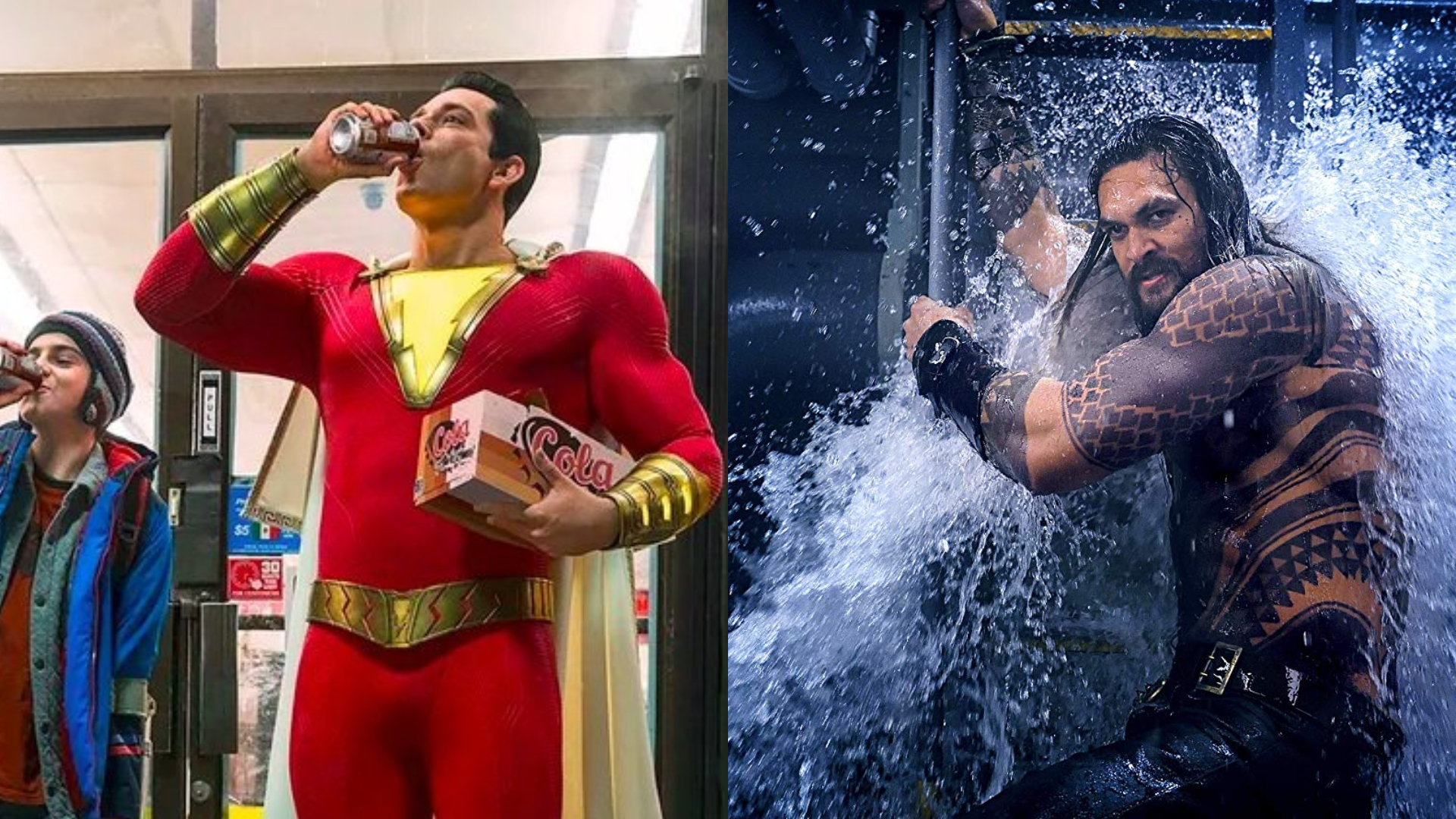
Another recent hit for the DCEU would most definitely have to be this year’s SHAZAM! Much like Aquaman, the film also leans into the inherent campiness of its comic book source material. No matter how much you try to dress it up, it really is about some punk kid playing superhero because he says a magic word. The film spares us from long-winded exposition with regards to how magic functions in the DCEU and the origin of the Wizard. It simply jumps straight into its story with a cast of funny and relatable characters, a touching tale of an orphan finding a family and the true meaning of being part of a family. SHAZAM! was also the first DCEU film in which I unironically found funny, most of it coming from the film’s meta-commentary on the comic book industry.
Right, so you’re probably wondering why we’re taking this long stroll down memory lane. The purpose of it was to examine the DCEU’s past to identify where the films’ went wrong and more importantly, where they went right. Based on their record, I can confidently say that the Warner Bros’ films excel when they’re removed the broad strokes of the DCEU’s Justice League setup events and are simply allowed to breathe without much expectations.
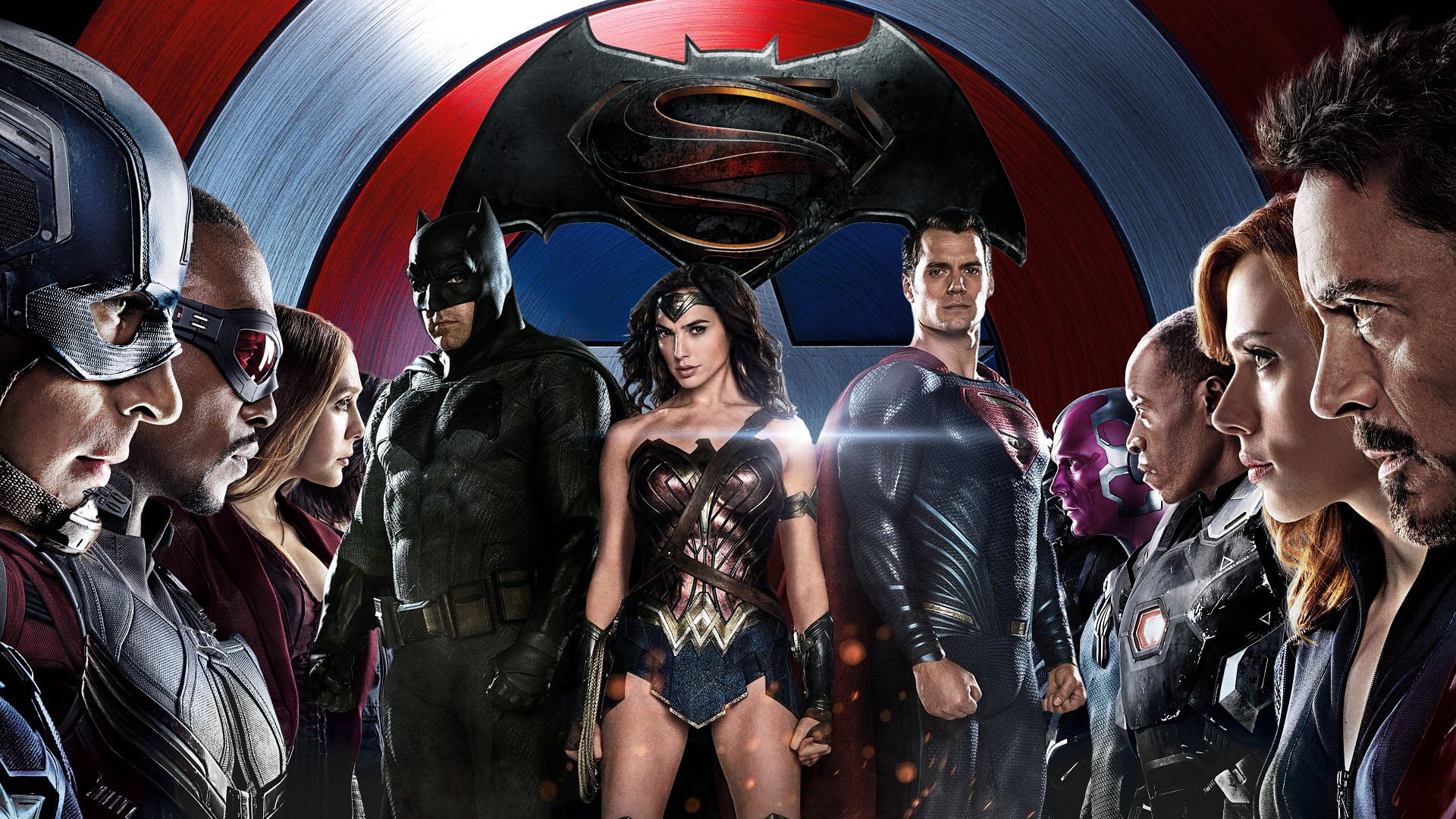
Think about it. Man of Steel had expectations of meeting the poignancy of Nolan’s grounded trilogy. Batman v. Superman had expectations of having to compete with the spectacle of Captain America: Civil War coming out in the same year. Suicide Squad was hoping some of Deadpool’s anti-hero magic would rub off on them. Justice League was their hamfisted attempt at an Avengers’ clone.
Wonder Woman, Aquaman and SHAZAM! had the privilege of great creative liberties and a strong and unique auteur vision for each film. One’s a battlefield of men and gods, one’s a mythical underwater kingdom of magic and technology, the other one is a parody of the DCEU with commercial Batman toys and Aquaman jokes. With the success of this year’s Joker, I think it’s safe to say that the more individualistic take on DC films have yielded greater rewards than the contrived machinations of trying to set up a mega-franchise.
Instead of playing catch-up, Warner Bros has a chance to change the game forever. To be the first comic book film franchise to play with multiversal, or Elseworld, concepts. The possibilities here are endless. Imagine doing Warner Bros doing epic unrelated storylines like DC’s Earth-2 storyline that sees Superman, Batman and Wonder Woman dead after an Apokoliptian invasion on an alternate Earth. Now a world without their precious trinity, a new generation of heroes must rise to fend off this threat. We touched on this idea in the past when we discussed the exciting implications of Warner Bros working on a New Gods film.
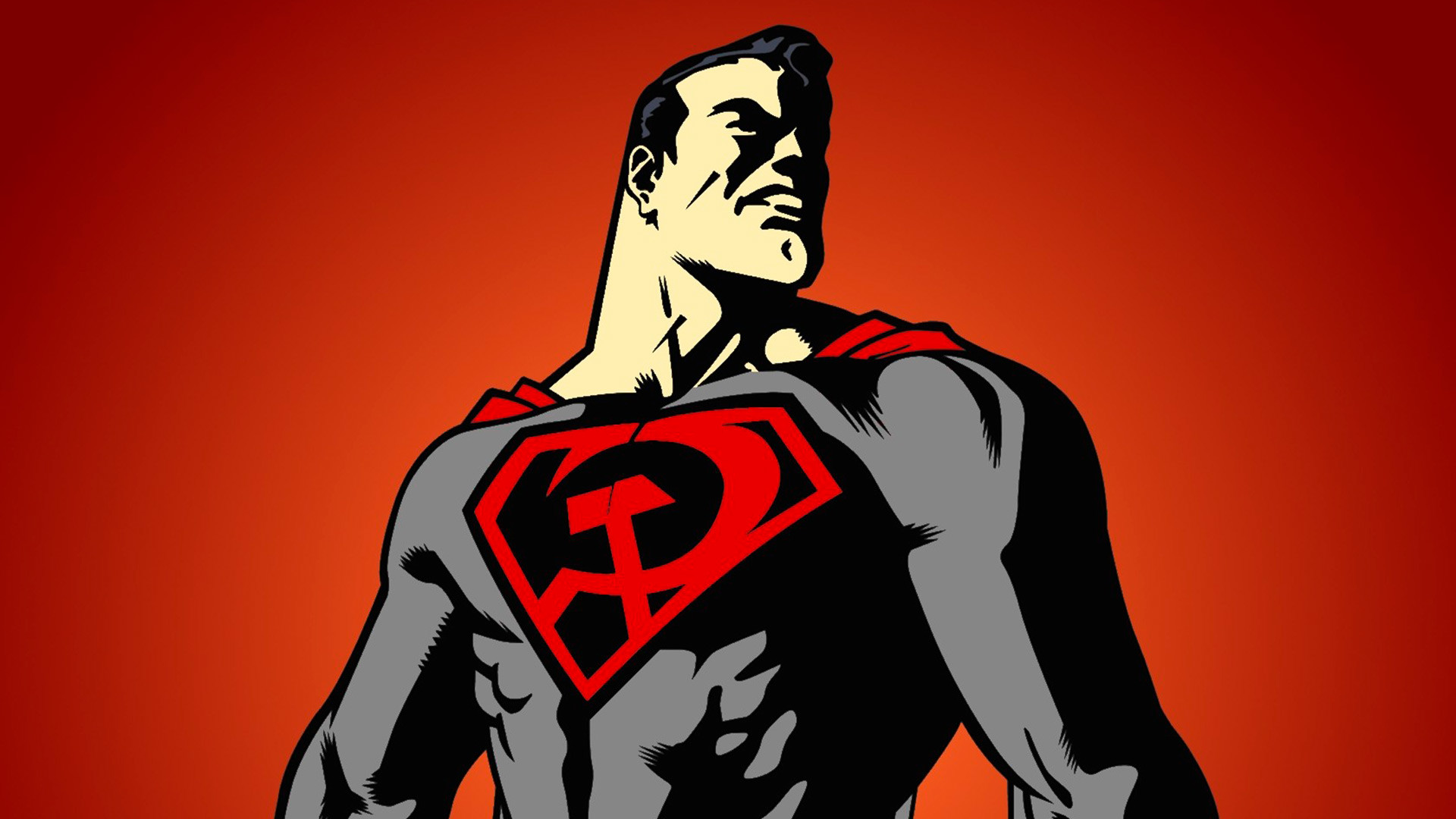
They could also work at truly fascinating what-if scenarios. One of them answering the question of what if Superman crash-landed in Russia instead and became a Russian communist hero? This idea was explored in Superman: Red Son by writer Mark Milar. Now that would make for an amazing cinematic adaptation. A world in which its most powerful superhero fought for communism and became the eternal leader of the Soviet Union. The last son of Krypton now fights for Mother Russia!
There have been rumours of late that Warner Bros is making yet another desperate attempt to piece all of these disparate elements together in a soft reboot. This may involve Reeves creating a new version of Batman and J.J. Abrams reworking Superman into a younger, before cramming both of them into a pre-existing Justice League. This will undoubtedly confuse audience members and leave people having to forget a good 4 years of the DCEU for the sake of making sense of the franchise.
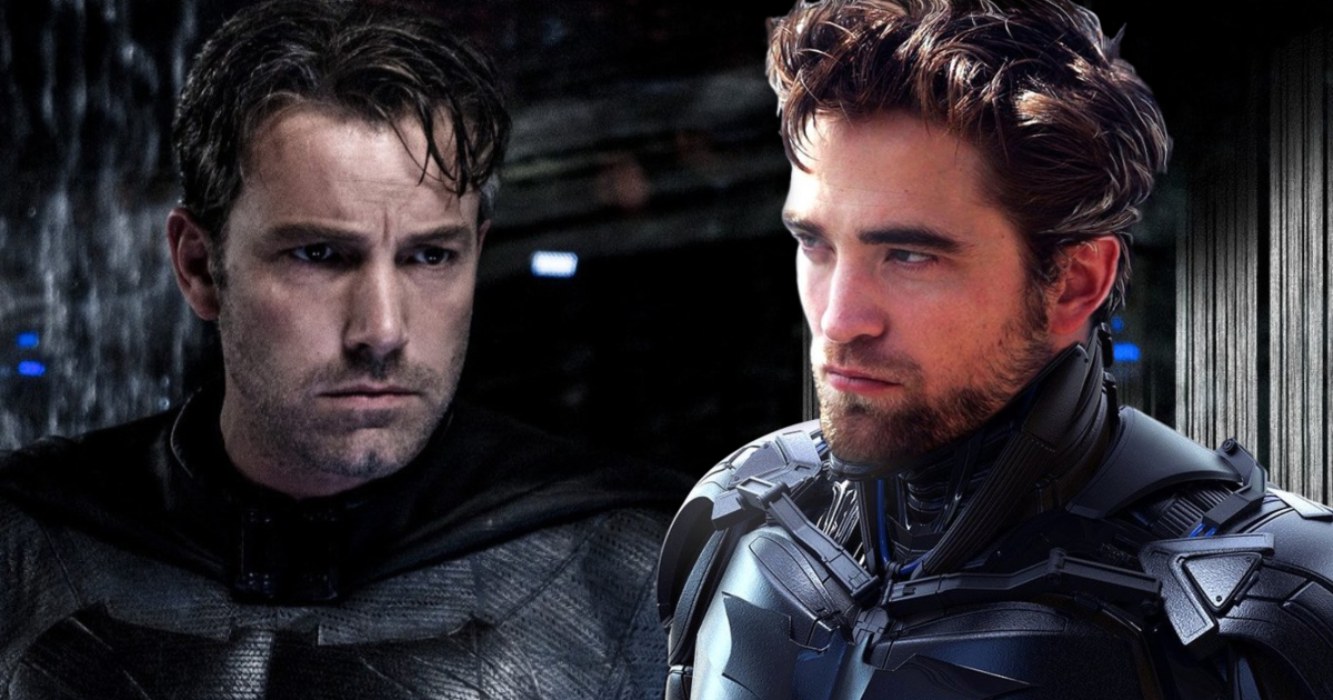
I suppose the studio could pretend like nothing happened and sweep this under the rug but this isn’t freaking Terrence Howard’s Rhodey being replaced by Don Cheadle! These are the main stars of the bloody franchise! Unless they can come up with a fantastic reason for why they look and act different, it’s going to look sloppy and incompetent. If they carry on as if everything’s the same, it’ll still look sloppy and incompetent. It’s a lose-lose situation.
So what’s the answer to all these disparate, if not dysfunctional, elements of the DCEU? Embrace the individualistic nature of the successful films and abort the failing properties that have so desperately tried to build into a cinematic saga. We’ve seen the failure of Warner Bros trying to catch the Marvel Cinematic Universe’s (MCU) lightning in a bottle. We’ve also seen their amazing success when they create outlandish standalone films, culminating in Todd Phillips’ Joker. A cultural landmark that will likely be compared to Avengers: Endgame.
Real talk right now, Warner Bros will never have an Infinity Saga of their own and they don’t need it. It’s ironic that their DC films only managed to excel to the same level of prominence as their Marvel competitors when they stop trying to emulate them. Perhaps in time, as they carry one making excellent standalone films, they may even surpass their rival.
Click here to read why we think Joker is a masterpiece.
Click here to read our thoughts on the “glorification” of violence in Joker.
Follow us on Instagram, Facebook, Twitter or Telegram for more updates and breaking news.


